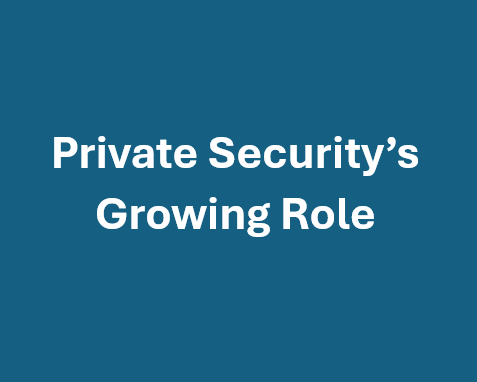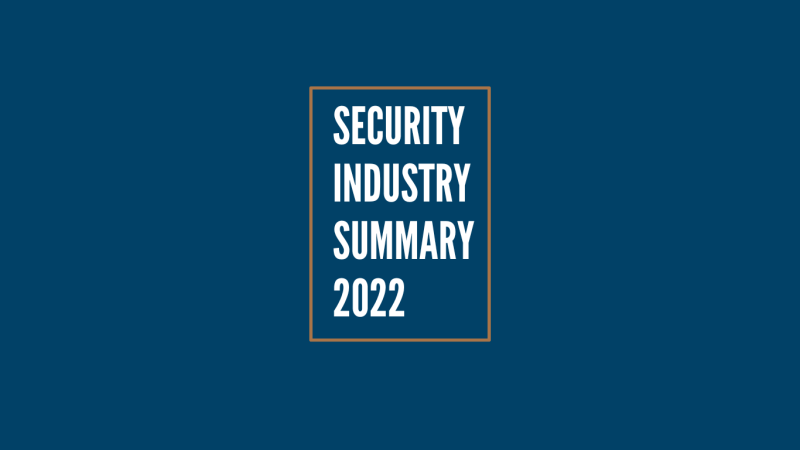The UK’s private security industry is undergoing a transformation – one that is reshaping its role in public safety and redefining its relationship with policing. Key to this is the Security Industry Authority’s (SIA), “The Silent Guardians” initiative, which positions security officers as essential civic protectors.
In mid-July 2025, senior leaders from guarding companies, police forces, and public sector bodies reconvened to advance the concept of integrated policing. This follows similar discussions held in late 2024, and reflects growing momentum to formalise collaboration between private security and the police.
Integration with Purpose
The push for integration has come largely from the private sector, which has increasingly taken on responsibilities once reserved for police—especially in the protection of public spaces. From managing crowds at national events like Queen Elizabeth II’s funeral to responding to emergencies during the COVID-19 pandemic, private security has proven its capability and earned its place at the table.
For police, integration offers a practical solution to resource constraints. Forces like the British Transport Police (BTP) have acknowledged reduced officer numbers and limited patrol capacity. In her June report, BTP Chief Constable Lucy D’Orsi confirmed that fewer officers and PCSOs will be deployed in 2025–26, with proactive patrol time falling short of targets.
Rising Demand, Limited Resources
The BTP’s annual report revealed a 24% increase in antisocial behaviour incidents, with rail staff expressing concern over officer availability. Meanwhile, the Metropolitan Police launched a summer crime strategy targeting retail theft and public disorder in 32 high-crime town centres. These pressures have led to the rollout of “Integrated Security and Policing” pilots across more than 60 UK locations, now adopted as standard practice.
Private security teams are being asked to take on lower-level crime, allowing warranted officers to focus on serious offences. Monthly stakeholder meetings, joint planning for high-risk events, and embedded supervisors are all part of this new collaborative model.
The Silent Guardians: A New Identity for Security Officers
The SIA’s “Silent Guardians” initiative reframes security professionals as frontline civic workers. Officers are now expected to:
- Respond to emergencies (e.g. knife incidents, panic attacks).
- Support vulnerable individuals.
- De-escalate conflict and manage crowds.
- Understand mental health and safeguarding.
- Work alongside police, NHS, and local authorities.
Security officers are often first on the scene, acting with professionalism and care before emergency services arrive.
A Community-Focused Approach
The SIA is promoting a community-integrated model, where officers:
- Engage with the public respectfully and supportively.
- Participate in joint initiatives with public services.
- Help create safer, more welcoming environments in public spaces.
Trials across the UK are demonstrating the effectiveness of this approach, with security teams actively contributing to public safety and civic wellbeing.
What This Means for the Industry
This evolution marks a turning point for private security:
- Recognition – Security officers are now seen as vital contributors to public safety.
- Responsibility – Expectations around conduct, training, and collaboration are rising.
- Opportunity – Career development, professional respect, and expanded roles are on the horizon.
As the lines between public and private protection blur, the message is clear: private security is no longer a support service—it’s a strategic partner in safeguarding society.



